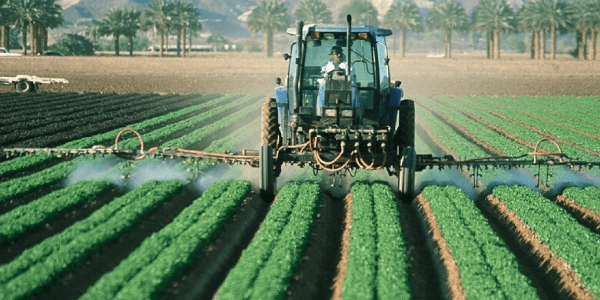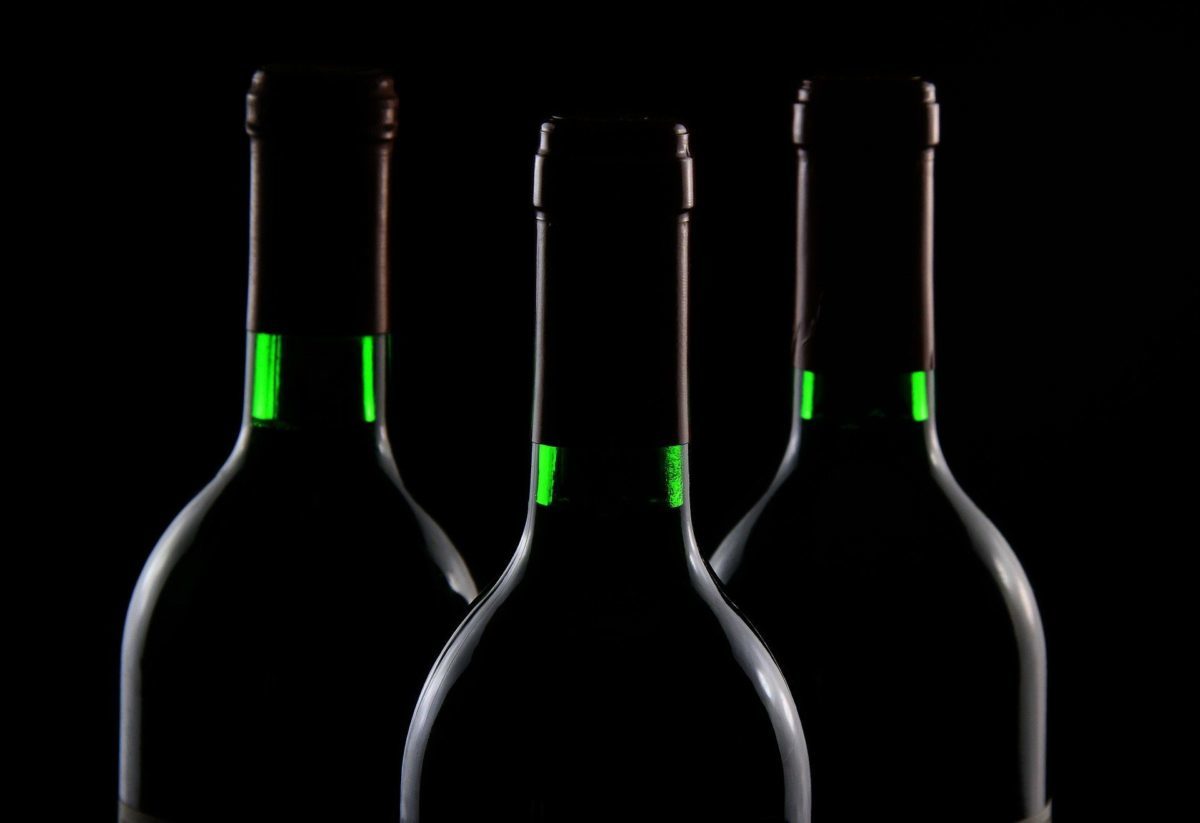The European Union and their organizations are continuously checking the level of toxic that is in the foods of the European zone. The entity in charge of this is the European Agency for Food Safety (EFSA for its acronym in English). In its latest study, this entity has analyzed more than 88 thousand samples of almost all the foods we consume. The first thing it indicates is that food security in the continent is high but if we go deeper into the analysis, we see that other conclusions we can draw about whether we ingest pesticides in what we eat. Pay attention to the data!
Pesticide Report Results
The latest report from the EFSA collects data from samples analyzed in 2017 of foods originating from 28 countries of the European Union, in addition to those of Norway and Iceland with 64%. 29% correspond to the origin of third countries and the remaining 7% correspond to unidentified third countries.
Of all the samples analyzed, throughout the period, the about 800 pesticides and compounds. Those that are used in the production and conservation of these foods. The following conclusions have been reached, although this does not determine whether we ingest pesticides Really:
- 95,9% of these samples are within the legal levels of toxicity and did not pass the authorized limits of pesticides.
- 54,1% did not present any type of pesticide.
- 4,1% exceeded the limits authorized by the EU.
In Spain the results are these
- 66,6% of these samples are below the authorized limits for pesticides.
- 30,3% are at levels that do not exceed the limits.
- 3,0% exceeded the limits authorized by the European Union.
It is important to mention that the legislation It is not the same for the producers of the European Union than for third countries. In this way, it is accepted that food imported from other countries contains pesticides banned in the eurozone. In these cases, marketing is authorized if they do not exceed the maximum limits set by health. In the vast majority of cases they are the result of trade agreements bilateral where the UE sells other products, mostly non-food.

In this way, the report shows that imported products present a breach compared to Europeans which is of the 2,6%. Some of the most relevant products of these breaches are the rice, that kiwis, potatoes, onions, oranges, grapefruit and bananas
In general, the use of pesticides and specifically of insecticides It is associated with the producing places with the highest temperature and humidity where insects are more frequent. We also see a relationship with all products, especially those fruits that your skin is thinner or more delicate. Finally, as we have commented, it is closely related to the legislation of each country, also in the European Union, and the controls that are carried out.
It is important to emphasize that only in the 1,1% of the analyzed samples of animal products levels higher than those allowed have been found. The most risky products within meat products are the beef liver and ovine. In these we ingest pesticides? The probability is higher.
With regard to the organic products, el 86,3% of the products analyzed had no presence of pesticides. A 12, 2% They had them within the limits authorized by the legislation on organic products and a 1,5% clearly violated the legislation.
Foods most at risk from pesticides
In general, they are usually fruits and vegetables and we can highlight the following: tomatoes, peppers, strawberries, oranges, grapes, peaches, tangerines, grapefruits, lettuces, bananas, bananas and tea leaves.
The fewest options if we ingest pesticides would be present in more resistant vegetables and fruits and indigenous such as cauliflower, broccoli, avocado and squash.
Do we ingest pesticides or can they be removed sooner?
In the first place and after the analysis of the report, it should be advisable to buy food in places of trust and where the origin and traceability. Avoid originating from countries where controls are scarcer. Also prioritize the local and ecological consumption.
Finally, we must clean food well with plenty of water and a few drops of bleach. Later peel the food if possible or rubbing or scraping your skin. All this even if they are processed or crushed, since otherwise the toxins are not eliminated. This is a useful solution so that the doubt of whether we ingest pesticides is clearer.






